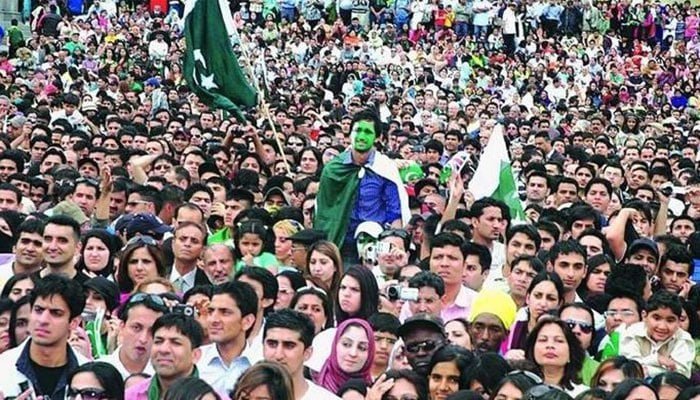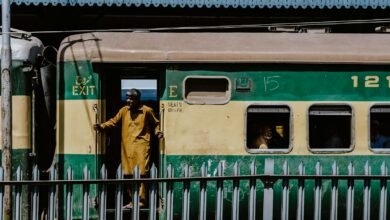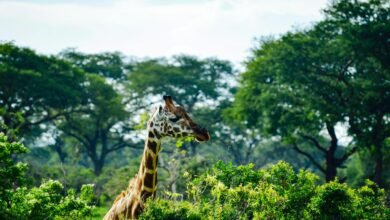People of Pakistan

Pakistan’s cultural diversity reflects its vibrant ethnic mosaic, with each group contributing uniquely to the nation’s heritage. Key ethnic groups include:
Baloch
The Baloch people, largely in Balochistan, are known for their strong tribal system, distinct language, and centuries-old traditions, often embodying a fierce independence. They trace their roots to the Iranian plateau.
Pakhtoons
Mainly in Khyber Pakhtunkhwa, Pakhtoons (or Pashtuns) have a rich heritage blending influences from Greek, Persian, and Mongol ancestries. Known for their deep loyalty to traditions, they uphold a code of ethics, Pashtunwali, which emphasizes hospitality, courage, and honor.
Punjabis
Punjab, the country’s most populous region, is known for its cultural warmth and strong social ties. Punjabis often organize life around village networks and kinship obligations, creating a communal, close-knit society.
Sindhis
Sindhis carry the legacy of the ancient Indus Valley Civilization. Their vibrant culture includes traditional music, art, and spirituality, rooted in the historical Sindh region.
Kashmiris
The Kashmiri people, primarily inhabiting Azad Jammu and Kashmir, are renowned for their exquisite craftsmanship in shawls, carpets, and woodwork. With a distinct language and customs, they embody a peaceful, nature-connected way of life, often influenced by Sufism.
Baltistanis
Originating from Gilgit-Baltistan, Baltistanis have Tibetan ancestry and a unique culture shaped by the rugged mountainous region. The region’s people are known for their resilience, hospitality, and preservation of Ladakhi and Tibetan traditions.
Each of these groups brings a remarkable diversity that shapes Pakistan’s collective identity, celebrating differences while building a cohesive national fabric.



